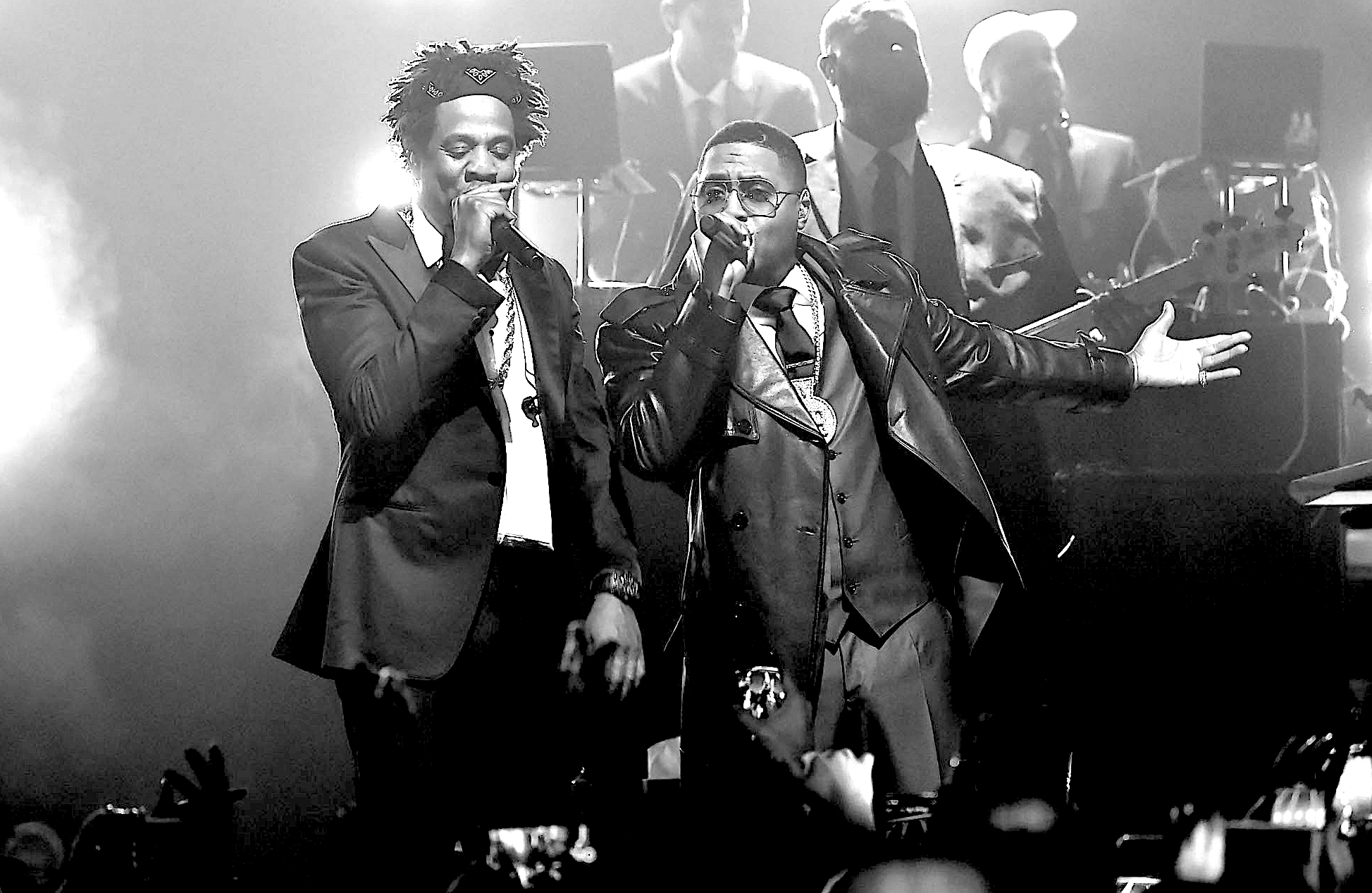I entered corporate America with optimism. Unlike other industries, I viewed advertising as a breeding ground for dreamers. Great ads were like hit songs to me, in both recognition and reach. And agencies were record labels, brands were the recording artist and creatives were the invisible people behind the scenes responsible for coming up with the hits. It didn’t really matter how big, small, or even where the agency existed, anyone who was creative enough could come up with a hit song. That idea inspired me. I could pursue my dreams from anywhere, painting my ideas in colors that reflected me. I wanted my ads to be cooler, grittier, funnier, smarter and even blacker than the ones I had grown up watching. I wasn’t totally off. What I hadn’t considered in my music metaphor were color lines and perceptions. Both were real factors in the industry. And as a Black creative trying to carve out a career, I found myself being told to pick a genre, Pop or R&B?
I attended ad school at The Portfolio Center in Atlanta. Imagine 300 creatives under one roof, representing a cross section of disciplines: copywriting, art direction, design, photography, illustration. The pressure to succeed in the school was real. A demanding course load, late nights and unflinching deadlines created the ultimate agency-like experience. It was a place were teachers ripped ads off the wall and lit them on fire, a place where a poor portfolio review could lead to an immediate expulsion. It was tough, but I loved it. I loved everything about the experience except the industry advice I received.
At least 40% of my teachers specifically sought me out to have a side conversation. They had a special set of advice they wanted to share with me, a Black copywriter. The speech went something like this. “Hey, you’re a really talented writer and you’re going to have some options when you leave here. But don’t fall for that Black agency trap. You’re too talented for that. Find a good agency where you can learn and be truly appreciated.” Even in the 90s, that language was troubling and extremely loaded. “Trap” stood out to me. So did the idea of “good agency” in contrast to “Black agency.” Even under the camouflage of a back handed compliment, I knew racism when I heard it. This pep talk was every bit as racist as a high school counselor, who had never attended an HBCU (Historically Black Colleges and Universities), steering a Black student away from one, because that person perceived it as being inferior. This was my first time hearing someone voice the idea of separate but inferior in advertising. But it wouldn’t be the last.
I landed at my first agency after my work was spotted at a portfolio review. I wasn’t chasing a general market agency or a Black agency coming out of school, I was simply chasing an opportunity. I was hoping to find a place to develop and display my talents. Being the only Black guy in my department neither intimidated me or deterred me. My first creative director used to offer his unsolicited advice on the matter, “you don’t want to get stuck doing that work.” “That work” was work targeting Black people, work that featured mostly Black talent. I guess the prevailing industry thought was, it wasn’t the sexy work, it wasn’t the work that wins awards, and it wasn’t the work the best agencies were doing. The best agencies were doing work that featured white casts, with Black celebs sprinkled into the mix. That was the advertising landscape I entered. Black work was R&B music, it might produce Black hits, but it’s not going to get you on Bandstand. And it’s not going to get you eight or nine Grammies. For that, you had to go Pop. That meant working at a big general market agency. A good career had to happen at agencies that “mattered.”
“Hip-hop is a collage. It samples from all different styles of music.” - Kamasi Washington
Luckily, I’ve always considered myself hip hop. Hip hop transcends genres. Hip hop can sample Pop, R&B, Jazz or Rock, flip them on their heads and create something completely groundbreaking. Hip hop can be unapologetically Black, while still delivering Pop hits. Hip hop has proven, it doesn’t matter whether the record comes from a major or indie label. It doesn’t even matter if the song was recorded at a plush studio or a damp closet in a project building. And hip hop couldn’t care less about award shows. Grassroots people decide what’s a hit, not awards. All I ever wanted from advertising was a chance to be me, to make a living, to tell new stories and to be authentic to myself along the journey. Luckily, I’ve had the chance to do that from general market, multi-cultural, and Black agencies. In each place, I’ve met talented people and learned priceless things that have helped me along the way.
The lesson? The industry is still poisoned by archaic and sometimes racist thinking. Don’t let that deter you. Look for the brands that do the kind of work you like and go to the agencies that create that work. You’ll be surprised how vast the spectrum of places are that good work comes from. Good ideas are not exclusive to one kind of agency. By the way, lots of white people work at multi-cultural and even Black agencies. They gain perspectives at these agencies that make them better professionals and human beings. Approach your career without thinking about silos. Instead, chase good opportunities wherever they lead you. Every time we usher out the old ways, we bring in a new mindsets that change the industry for the better. Keep fighting. One luv.

